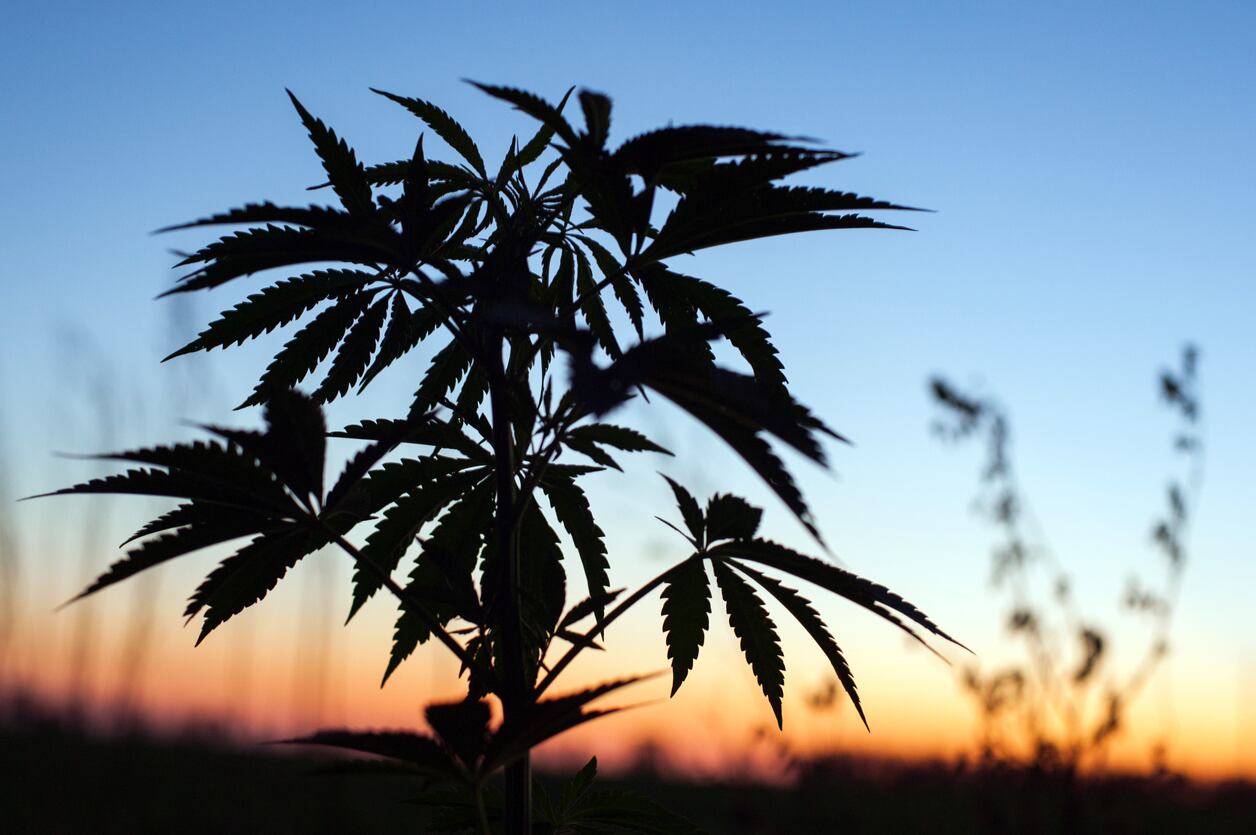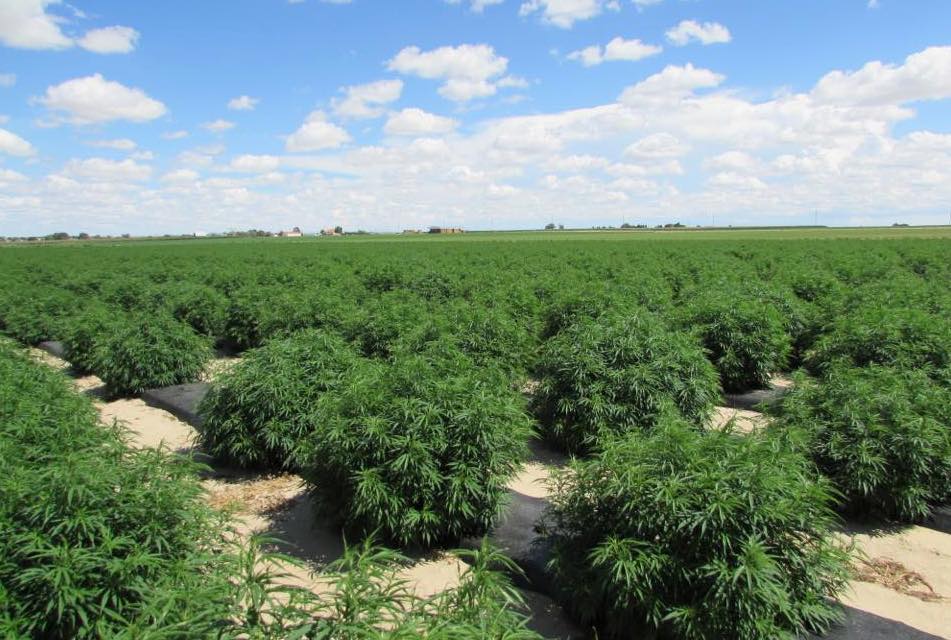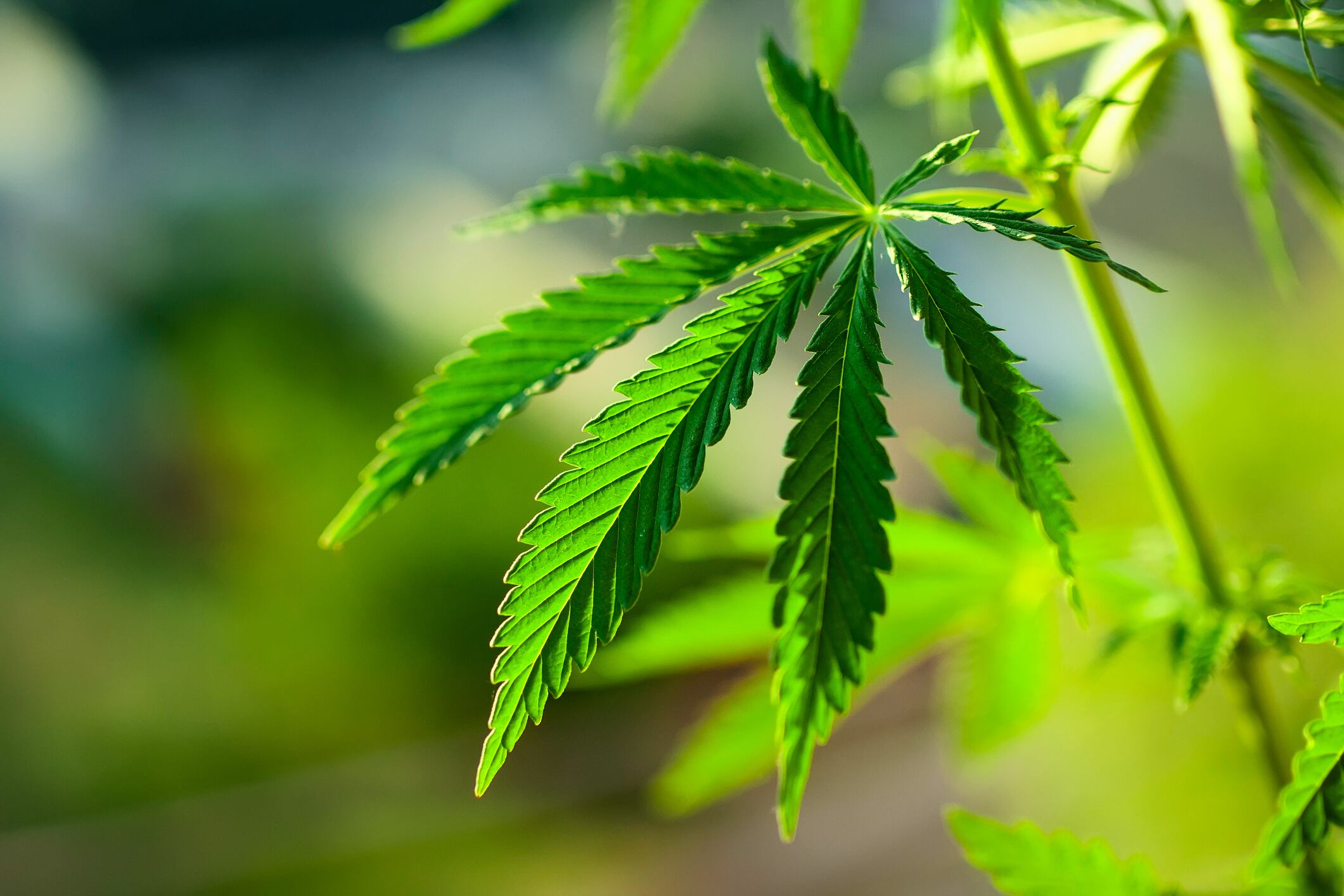CBD, or cannabidiol, is a non narcotic fraction of the cannabis sativa plant. CBD is one of a number of cannabinoids in the botanical, all of which affect in one way or another the body’s endogenous endocannabinoid system. This is a set of receptors in the body that modulates a host of functions, including pain sensitivity, mood states, memory performance and others.
In recent years marijuana-based products have become both more familiar and more available. Many states have passed medical marijuana laws and a number of others followed up with approval of full recreational use of the plant.
CBD as standalone ingredient
Around that time CBD started to be mentioned in a standalone fashion, as a beneficial substance in its own right. It first gained prominence for its effects on quelling the epileptic seizures of children suffering from Lennox-Gastaut syndrome or Dravet syndrome who did not respond well to standard anti seizure medications.
A product called Charlotte’s Web gained folkloric superstar status for this use. By all accounts the product was carefully made and delivered a consistent dosage of CBD. I know parents who moved to my home state of Colorado (one of the cannabis early adopters) specifically to gain access to this product. In several cases they claimed the product had saved their children's lives.
Drug development
Around the same time as the state-based legalization/medicinal approval ball got rolling here in the US, English drug maker GW Pharmaceuticals also embarked on the development of its own CBD-based antispasmodic pharmaceutical. The drug, called Epidiolex, won full FDA approval just a few months ago for the treatment of Lennox-Gastaut and Dravet.
So now there is a usage for CBD that has been proven via multi phase clinical trials. But what of those other purported advantages of the ingredient?
Supplement claims
The first claim I came across for a dietary supplement was ‘supports a healthy endocannabinoid system.’ That didn’t last long.
More recently, a prominent brand consultant has called cannabis “that amazing, magical plant,” and notes that CBD has been mentioned in connection with “arthritis pain management to anxiety relief and insomnia cure.”
CBD has also anecdotally been associated with relief of skin conditions, topical analgesic use for joint pain, neuralgia and other indications. In other words, it’s good for what ails ya.
What’s not in doubt is that the underlying botanical has some powerful properties. It also has a long history of use. So I’m not arguing that the stuff is truly analogous to snake oil.
But at this moment, many marketers of CBD products seem to be relying on consumers to decide for themselves what they think the products are good for. A recent review by Brazilian researchers said CBD had clearly shown “anxiolytic, anti epileptic, and antipsychotic properties,” none of which are amenable to a dietary supplement claim. Yet without really knowing what they want if for, consumers have become excited about this stuff and seem to be clamoring to buy the products. And isn’t a good marketer there primarily to fulfill consumer needs?
With the intense enthusiasm surrounding CBD and the paucity of data backing some of the implied claims, I think it’s almost a sure thing that some consumers are going to be disappointed. They will be using CBD products expecting effects that the botanical just doesn’t have. Or they will be deliberately misled.
Vague dosage information
Along with the lack of data backing some implied effects, there is a similar lack of uniformity on dosages in the way those are spelled out (or hidden) on labels. After all, if you are being hazy about what you think your product will do, you can be equally vague about much of it is necessary to reach that indeterminate end point, right?
For example, a company that bills itself as “America’s No. 1 choice of CBD products” has two lines of capsules that deliver 10 mg or 15 mg of CBD per serving. A liquid product from the same manufacturer comes in two strengths: 3 mg of CBD per serving or 5 mg per serving.
A competing product for sale on Amazon says “CBD” on the label and also features the statement “250 mg.” 250 mg of what? Pure, isolated CBD? Or 250 mg of hemp oil?
Another product says “Powerful blend—most hemp extracts contain 250 mg of hemp in the oil, ours contains 1000 mg!” What does this mean? Your guess is as good as mine.
The CBD beverage products typically start at a 20 mg CBD dose per serving on the high end. They range down to what one can infer are pixie dust quantities on the bottom rung.
Dosages of 300 mg to 400 mg or more are the most common dosages in the recent scientific literature. Epidiolex itself has a standard maintenance dosage of 10 mg / kg of body weight up to 20 mg / kg. (Keep in mind, the drug is aimed at young children.) More recently GW and University of Wisconsin researchers conducted a toxicity study in humans with dosages up to 6,000 mg per day.
Do any of the supplement and beverage manufacturers have precise dose response information? If so, they have kept it pretty much to themselves.
What perception then, does this create? Despite the seeming inevitability of CBD, you have an industry sector with labeling all over the place. With apparently deliberately vague claims. And dosages that are difficult if not (deliberately?) impossible to understand. One industry observer, in sharing with us his take on the ubiquity of CBD products at the recent Expo East trade show, said, “a vibrant, wild west attitude and spirit truly prevailed around the category.” Yee-haw!
Controlling the narrative
With more and more chatter about the ingredient on the Internet, CBD will be mentioned in connection with more and more conditions. If the responsible marketers (the regulatory impediments notwithstanding) of this ingredient do not step forward to shape this narrative, social media will do it for them.
Already there are open discussions of using CBD to treat Alzheimer’s. Not too long ago Sen. Claire McCaskill, D-MO took a host of dietary supplement companies to task for Alzheimer’s treatment claims they were making on their nootropic products. How long will it be before someone like Sen. McCaskill mounts a soap box to lambaste marketers who seem to be taking advantage of vulnerable populations with sloppily marketed and poorly characterized CBD products?
Here at NutraIngredients-USA we take a stance of trying to foster responsibly marketed products that are carefully made and are backed by solid science. Of course, we report on the entire industry, which also includes companies of lesser ethics. At the moment, it’s hard to say in which camp the ever-growing list of CBD players belong.



